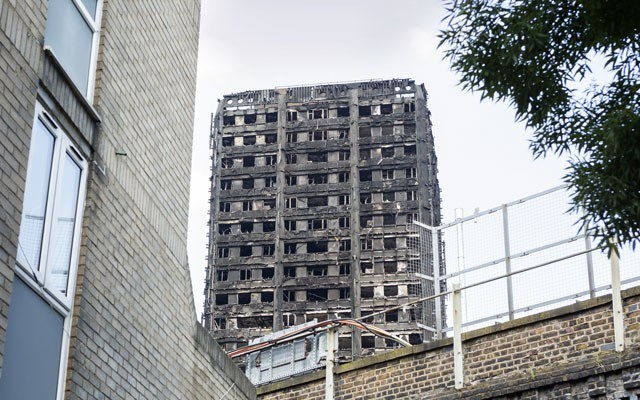When comedian John Oliver ranted on the state of journalism, he said that without local newspapers, TV news would just be CNN's Wolf Blitzer "batting a ball of yarn around."
The point he was trying to make was that his own show and many others are dependent on stories uncovered at the ground level in the unglamorous world of the community print hack — the person who picks up the phone, digs through information online and off, sits through overly long council meetings and AGMs, and gets to know newsmakers in person.
Oliver described it thus: "Media is a food chain that would fall apart without local newspapers, and the problem is print ads are less popular with advertisers than they used to be and online ads produce much less revenue."
Yup.
Using Newspaper Association of America statistics as his source, he showed U.S. newspapers had gained $2 billion in online ad revenue in the decade ending 2014, and lost $30 billion in print revenue.
Canada has its own version of this advertising problem, with the outcome being thousands of journalists laid off since 2008, and dozens of newspapers, magazines, and TV and radio stations closed or scaled back. It's a very different profession from the one I joined in 1988.
Some say the Postmedia Network — parent company of The National Post, Vancouver Sun and The Province — is in trouble, possibly mortally so, with speculation that they won't last past 2017.
Following the terrible fire at the Grenfell Tower in London, the accountability deficit was clearly apparent, with the loss of media watchdogs felt to be a contributing factor to the dangerous conditions that led to the tower being a powder keg waiting to go up in flames.
Ex-reporter Grant Feller told the U.K.'s Press Gazette that when he started his career on the Kensington News and Chelsea News 30 years ago, there was an editorial team of 10 to potentially cover the Grenfell Tower community, and they had competition from two other newspapers, too.
He believes "100 per cent" that had such resources been available to local news coverage today, the safety concerns by Grenfell Tower residents would have been published. Perhaps more pressure would have been brought to bear on the local council, and their housing office wouldn't have thought it OK to use flammable cladding on the building to save £5,000 ($8,429). These days, it is harder than ever to have such an impact.
Kensington and Chelsea, the London borough of 160,000 people in which Grenfell Towers is located, now has just one weekly newspaper with one reporter who is also expected to cover two other boroughs for his newspaper group.
Meanwhile in Canada, the federal government is due this fall to respond to industry requests for help, with recommendations put forward by the House of Commons Standing Committee on Canadian Heritage.
The committee made 20 recommendations in its report Disruptions: Change and Churning in Canada's Media Landscape. They include amending the Income Tax Act to allow deduction of digital advertising on Canadian-owned platforms, introducing a tax credit to compensate print media companies for a portion of their capital and labour investments in digital media, ensuring foreign news aggregators such as Facebook, Twitter or the Huffington Post, are subject to the same tax obligations as Canadian news providers, and see non-profit journalism take off by bestowing charity status.
The way Canadian news is published in the future may be decided this fall.
If you think that local media has a role to play in supporting democracy, or has a role to play in investigating the conditions that led to horrors such as the Grenfell Tower fire, you should pay attention.
National Post polemicist Andrew Coyne is against the subsidy, while Bob Cox of the Winnipeg Free Press writes that under it, daily newspapers such as the Winnipeg Free Press would be eligible and boost spending to $350 million a year from its current level of $75 million.
He adds: "Many publishers in Canada, including myself, are profoundly uneasy with going to the federal government to ask for help. We have done so only after failing in efforts to get changes in taxation, copyright and other areas that we feel would level the playing field with other media companies."
What is the alternative? It was reported this week that the residents of the Lancaster West Estate, where Grenfell Tower is located, intend to create a local newspaper to help those affected by the fire and to share up-to-date information. Heartbreaking.
In the absence of the besieged professionals, a community is trying to stay aware, a clear indication that while the business model for community newspapers may be broken, the need remains great.




